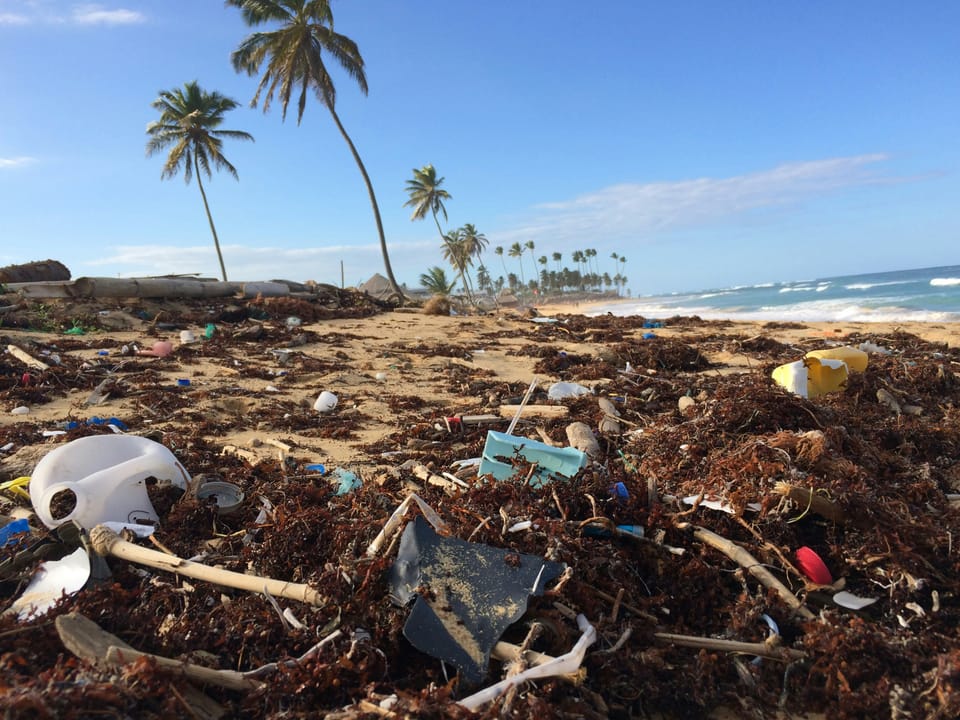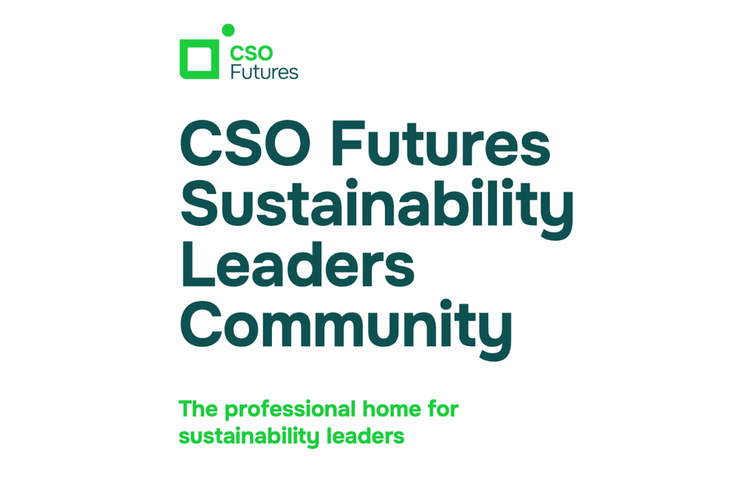Strong concerns over latest Global Plastics Treaty draft as negotiation deadline looms
The voice of oil-producing nations can be felt throughout the new text, which will likely be rejected.

The draft presented yesterday by the chair of INC-5.2 negotiations has removed the Global Plastics Treaty’s most impactful – and contentious – measures.
With one day left to come to an agreement, the draft proposal published yesterday appears to prioritise consensus over impact. Not only have mentions of a cap on the production of harmful plastics been removed, but the text no longer includes the words ‘emissions’, ‘chemicals’ or even ‘fossil fuels’.







